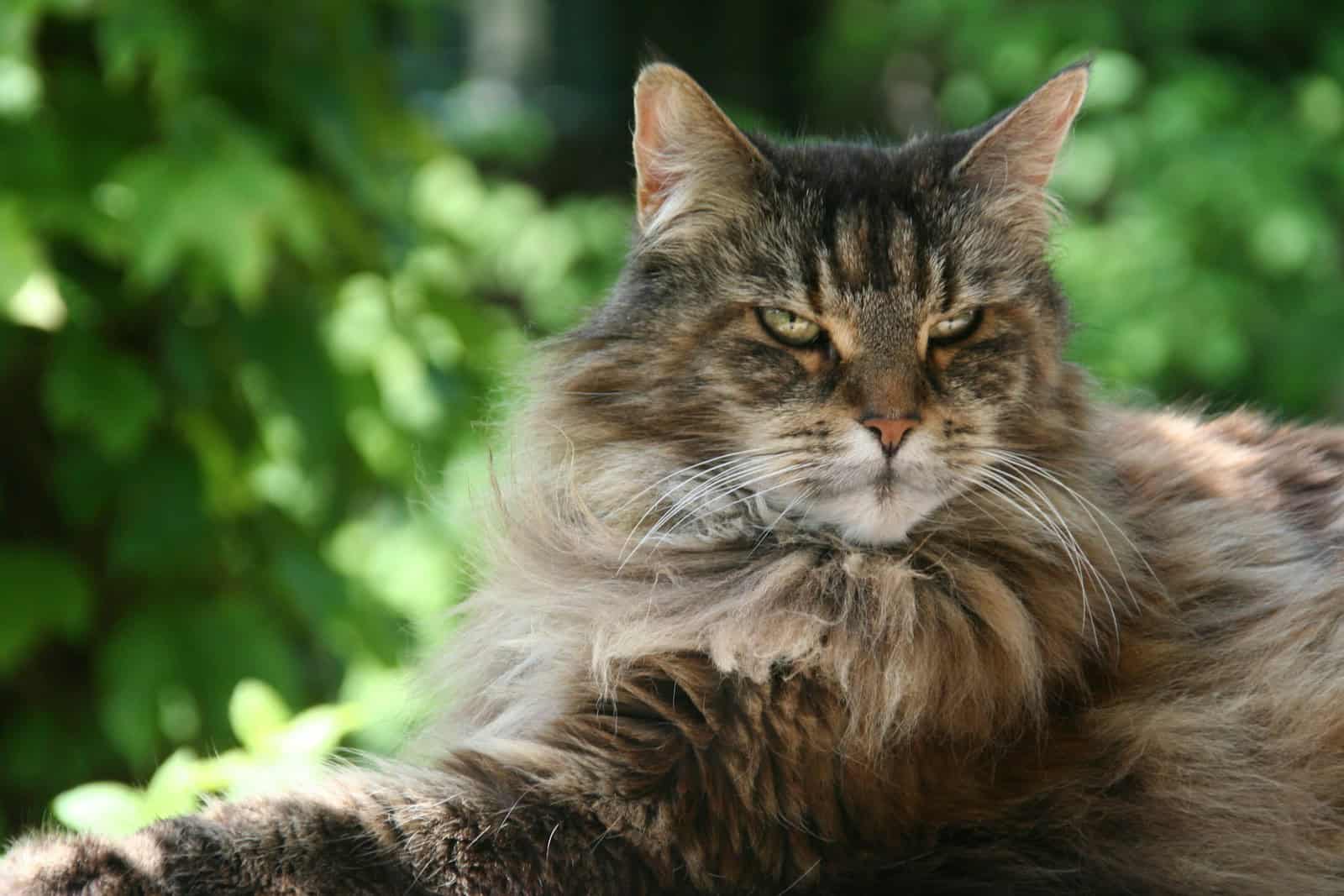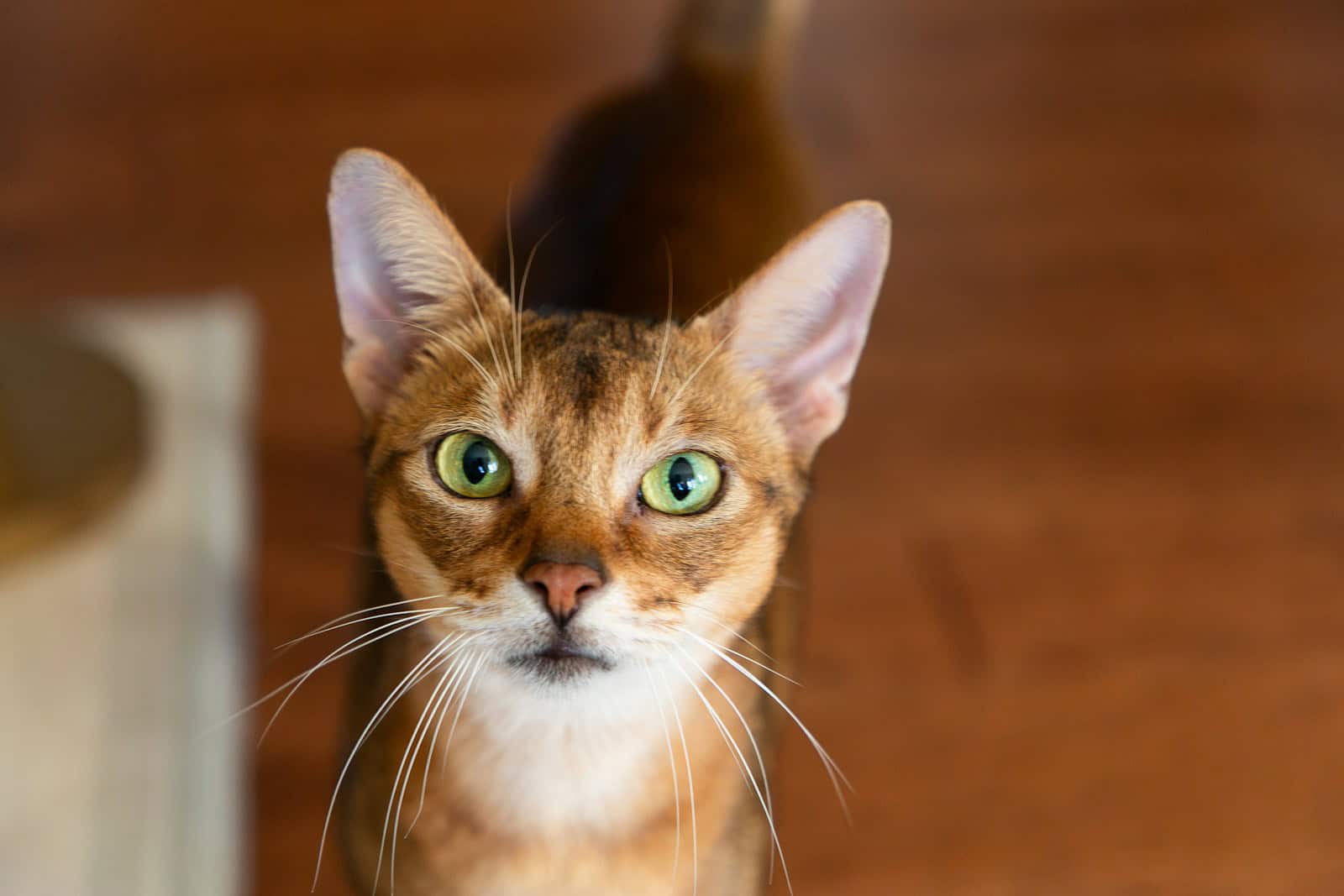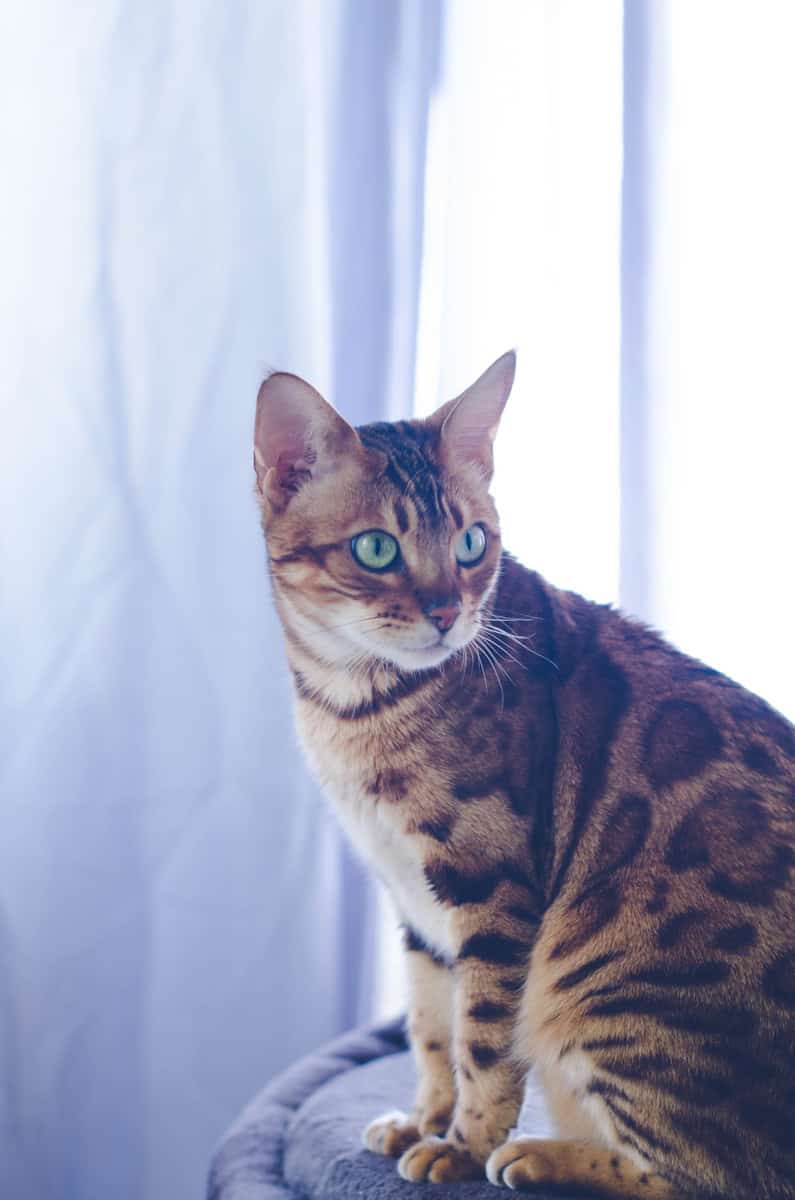If you are considering bringing home a Maine Coon cat, there are a few things you should know ahead of time. First and foremost, you want to make sure your home is safe from this big man. Maine Coons are known for being cuddly and affectionate, so they may not be the best pets for everyone. Second, make sure you have enough space for this cat – multiple large sleeping areas is ideal. A Maine Coon cat is known to be active and playful, but some cats are more suited to independent living than others. By following these tips and carefully examining your options, you can ensure that your new addition will do well in your home!
Section 1. What to expect when you get a Maine Coon cat.
A Maine Coon cat is a large, up to 1 meter long cat with large claws and a long tail. They soon start weighing up to 10 kg.
The breed originated in North America. It used to be mistakenly thought that the Maine Coon originated from a cross between cats and raccoons (“racCoons”). Because the cats were most common in the state of Maine, they were called Maine Coons. The true ancestors of the Maine Coon cat were probably long-haired cats brought from Europe by sea, such as the Persian, the Turkish Angora and the Norwegian Forest Cat).
The Maine Coon is one of the natural breeds. This means that the breed was created naturally and has not been crossed with other breeds. Recognition of the Maine Coon as a breed by the International Cat Federation Fédération Internationale Féline (FIFe) took place in 1982. Between 1980 and 1990, the first Maine Coons appeared in Belgium.
Subsection 1.2 What are the different types of Maine Coon cats.
There are three main types of Maine Coon cats: standard, deluxe and specialty. A standard Maine Coon is just like any other domestic cat, but they have longer furrowed eyebrows and a shorter tail (they are called “standard” because this type was once considered the most common). Luxury cats have more luxurious features, such as longer furrowed eyebrows, mane/hairy chest and tails that can be up to 45 cm long. These cats usually cost more than standard Maine Coons, but can have the same traits as them, such as very curious and active kittens. Finally, special cats are found only in certain areas and may have only one or two characteristics specific to them, for example, a short furred brow or a very thick coat that cannot be easily trimmed. They generally cost more than any other type of cat.
Section 1.3 Feeding habits Maine Coons
Maine Coons happily eat the same as other cats. Only much more.
Section 2. How to house a Maine Coon cat.
Subparagraph 2.1 How to care for a Maine Coon cat.
It is important to keep your Maine Coon cat healthy by giving them regular exercise and play, as well as good nutrition. Exercise and playtime help prevent obesity in cats, while good nutrition gives your feline friend the energy they need to do their best when exploring new surroundings and playing.
Subparagraph 2.2 Coat care
A Maine Coon quickly gets heavy tangles, so you just need to comb them very regularly. Definitely do not use a furminator for this, but an ordinary long flat comb.
Subparagraph 2.2 Problems peculiar to the breed
Always pay close attention to the teeth, as they get tartar faster than other breeds.
Subparagraph 2.3 Holidays
Cat Hotel Maine Coons
Even if you wish to go on vacation, you are less likely to find a suitable location for such large cats. So when choosing your cat hotel, be sure to keep in mind whether adequate adapted accommodations are provided.
Larger litter boxes, heavier scratching post, adequate space, etc.
See an example of our Maine Coon room in our cat hotel here
Conclusion
Getting a Maine Coon cat can be a fun and exciting experience. If you are looking for a playful and active cat, then a Maine Coon may be the perfect choice for you.



